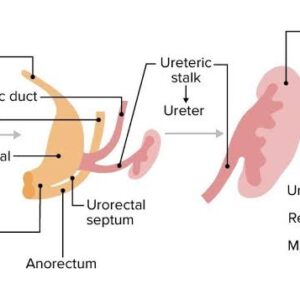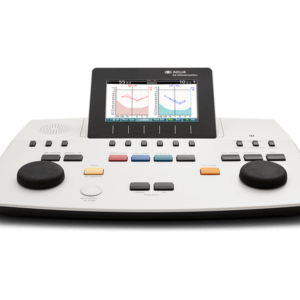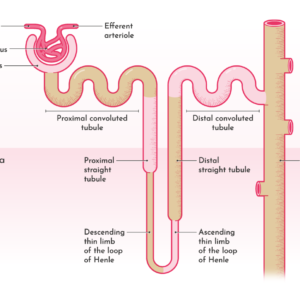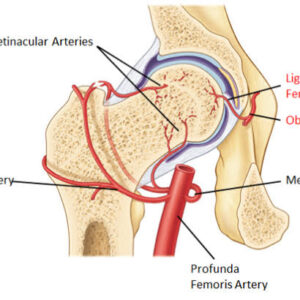Table of Contents
- Understanding Stress
- Causes of Stress
- Strategies for Stress Relief and Mental Wellness
- Prevention of Stress
- Case Studies
- Conclusion
- References
- Read other articles
In the fast-paced, highly competitive world we live in, stress has become an inescapable reality. While some level of stress can serve as a motivator, chronic stress can have detrimental effects on mental and physical health. The key to a balanced life lies in understanding the causes and impacts of stress and adopting effective approaches to manage it. This article provides an in-depth exploration of stress, its implications on mental wellness, and evidence-based strategies for its management.
Understanding Stress
Stress is the body’s natural response to perceived challenges or threats. When faced with a stressor, the body activates its “fight or flight” response, releasing hormones like cortisol and adrenaline. While this mechanism is crucial for survival, prolonged activation can lead to negative consequences.

Types of Stress
- Acute Stress: Short-term stress that arises from immediate challenges, such as a deadline or a sudden argument.
- Chronic Stress: Long-term stress resulting from persistent issues, such as financial difficulties or an unhealthy work environment.
- Eustress: Positive stress that can motivate individuals to achieve goals.
- Distress: Negative stress that hinders performance and well-being.
Causes of Stress
Stress can originate from external circumstances or internal perceptions.
External Causes:
- Workplace Pressure: Tight deadlines, unrealistic expectations, and job insecurity.
- Financial Struggles: Debt, unexpected expenses, or insufficient income.
- Relationships: Conflicts, lack of support, or major life transitions.
- Health Issues: Chronic illness or caregiving responsibilities.
- Environmental Factors: Noise, pollution, or unsafe living conditions.
Internal Causes:
- Negative Thinking: A tendency to focus on worst-case scenarios.
- Perfectionism: Unrealistic expectations of oneself or others.
- Inability to Adapt: Difficulty accepting change or uncertainty.

Effects of Stress on Mental Wellness
When stress becomes overwhelming or prolonged, it impacts multiple aspects of mental and physical health.
Psychological Effects:
- Anxiety and Depression: Chronic stress disrupts the brain’s balance of neurotransmitters, contributing to mood disorders.
- Burnout: A state of emotional exhaustion and detachment caused by prolonged stress, especially in professional settings.
- Cognitive Impairment: Memory problems, difficulty concentrating, and reduced decision-making ability.
Physical Effects:
- Weakened Immunity: Prolonged stress suppresses immune function, making the body more vulnerable to illnesses.
- Cardiovascular Issues: Increased risk of high blood pressure, heart disease, and stroke.
- Digestive Problems: Conditions like irritable bowel syndrome (IBS) and ulcers are often linked to stress.
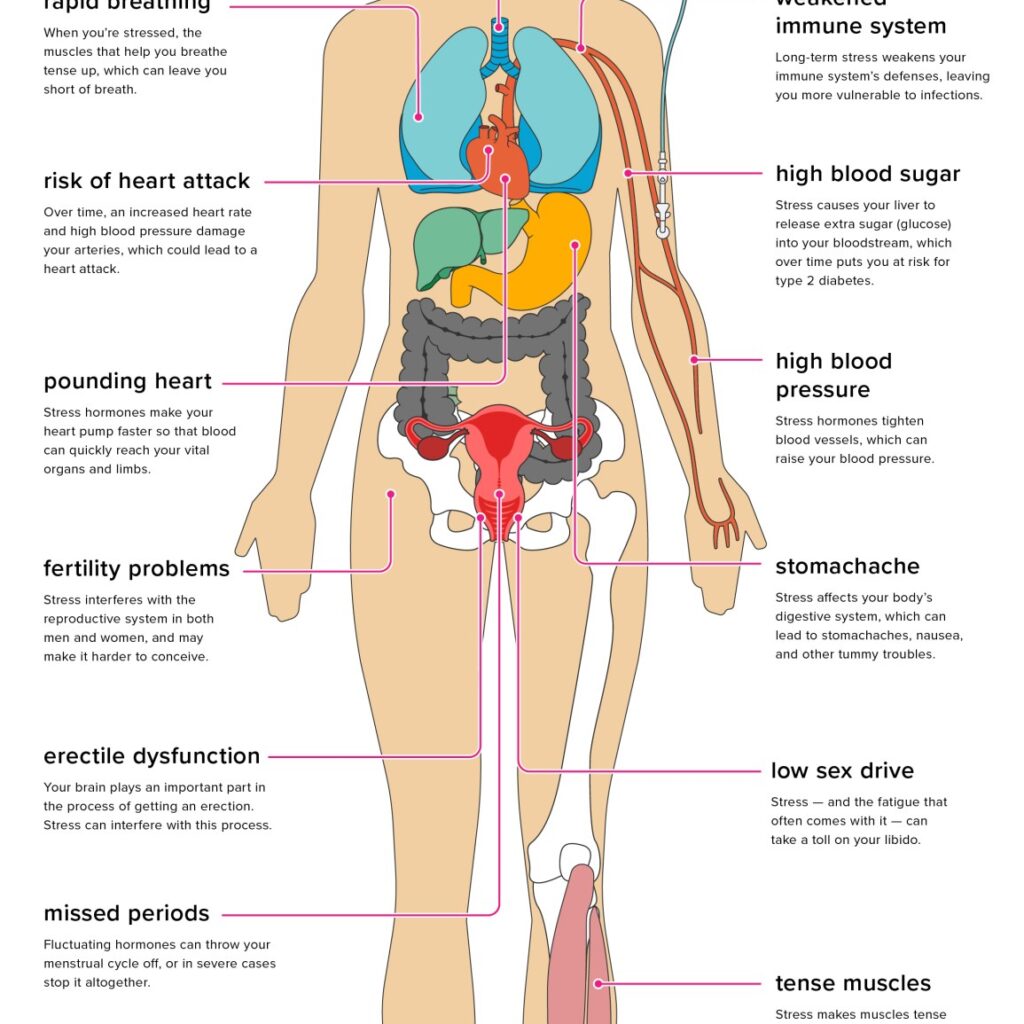
Behavioral Effects:
- Sleep Disorders: Stress often leads to insomnia or restless sleep.
- Unhealthy Coping Mechanisms: Increased reliance on alcohol, smoking, or overeating.
- Social Withdrawal: Reduced interaction with family and friends due to emotional fatigue.
Strategies for Stress Relief and Mental Wellness
Effective stress management involves a holistic approach combining mental, physical, and emotional interventions.
1. Mindfulness and Meditation
Mindfulness involves focusing attention on the present moment, cultivating awareness without judgment. Meditation techniques, including focused breathing and guided visualization, are scientifically proven to reduce stress and enhance mental clarity.
2. Cognitive-Behavioral Therapy (CBT)
CBT helps individuals identify and modify negative thought patterns and behaviors. It equips people with practical tools to manage stressors effectively and build resilience.
3. Physical Activity
Exercise is one of the most effective natural stress relievers. Physical activity stimulates the release of endorphins, reduces stress hormones, and improves overall mood. Activities such as yoga, walking, and dancing are particularly beneficial.
4. Relaxation Techniques
- Progressive Muscle Relaxation: A method of tensing and relaxing each muscle group to release tension.
- Deep Breathing: Helps calm the mind and reduce physiological symptoms of stress.
- Guided Imagery: Visualizing calming scenarios to promote relaxation.
5. Healthy Lifestyle Choices
- Balanced Diet: A diet rich in fruits, vegetables, whole grains, and omega-3 fatty acids can improve mental well-being.
- Adequate Sleep: Ensuring 7-8 hours of restorative sleep enhances emotional regulation.
- Hydration: Drinking sufficient water can reduce fatigue and improve focus.
6. Social Support
Connecting with loved ones provides emotional comfort and reduces feelings of isolation. Talking to a trusted friend, joining a support group, or engaging in community activities can foster a sense of belonging.
7. Alternative Therapies
- Aromatherapy: Essential oils such as lavender and eucalyptus have calming properties.
- Ayurveda: Practices like Shirodhara (oil therapy) and herbal remedies support stress relief.
- Art and Music Therapy: Creative outlets help process emotions and alleviate stress.
8. Time Management
Learning to prioritize tasks and delegate responsibilities reduces the burden of overwhelming workloads. Setting realistic goals and maintaining a structured routine can help prevent last-minute stress.
9. Gratitude Practice
Keeping a gratitude journal shifts focus from stressors to positive aspects of life. Regularly reflecting on things you’re thankful for can improve mental resilience.
Prevention of Stress
Preventing stress involves proactive measures to create a balanced life:
- Set Boundaries: Learn to say no to avoid overcommitment.
- Regular Breaks: Taking time off work or studies helps recharge mental energy.
- Hobbies and Interests: Engaging in activities you enjoy fosters creativity and relaxation.
- Adaptability: Cultivating a mindset that embraces change reduces the anxiety associated with uncertainty.
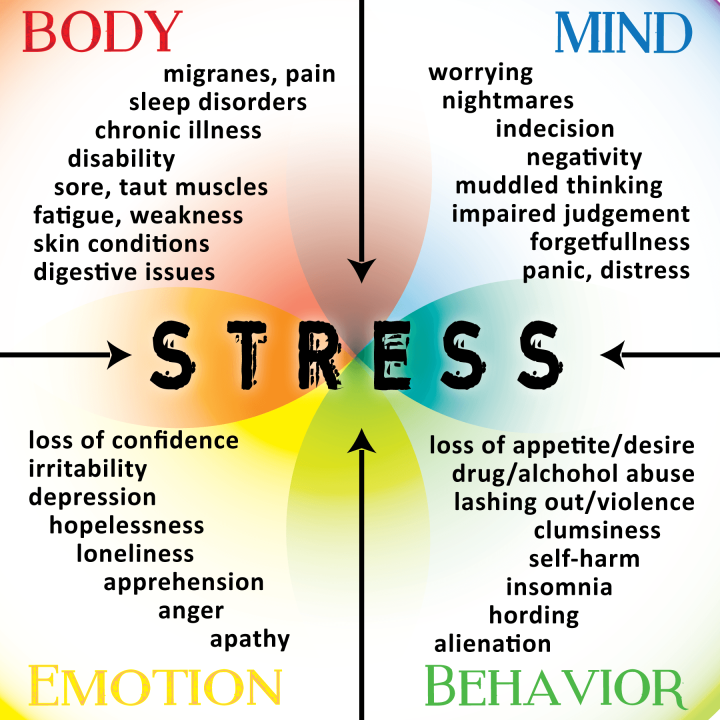
Case Studies
Case Study 1: Workplace Stress
A 35-year-old corporate employee experienced chronic stress due to tight deadlines and lack of work-life balance. By incorporating mindfulness meditation and regular physical activity into her daily routine, she noticed significant improvements in her focus and energy levels.
Case Study 2: Academic Stress
A college student struggling with exam anxiety found relief through CBT and guided relaxation exercises. Over time, these techniques enhanced his ability to manage academic pressures effectively.
Conclusion
Stress is a natural part of life, but its effects don’t have to dominate our well-being. By understanding the causes and implications of stress, we can adopt strategies to manage it effectively. From mindfulness practices and therapy to lifestyle changes and social support, a comprehensive approach to stress relief can lead to improved mental wellness and a more balanced, fulfilling life.
The key is to recognize early signs of stress and take proactive measures. With consistent effort and self-care, we can mitigate the negative impacts of stress and foster resilience, enabling us to thrive in our personal and professional lives.
References
- Mindfulness-Based Stress Reduction (MBSR): Effective for chronic illness stress management.
Read more - Stress Management Overview (NCBI): Techniques to reduce stress, including mindfulness.
Read more - Strategies for Enhancing Well-Being: Research on stress management approaches.
Read more - 10-Minute Tools for Stress: Quick methods for daily stress relief.
Read more - Healthy Stress Management Habits: Mayo Clinic tips for building healthy coping habits.
Read more
Read other articles
- Global Perspectives on Folliculitis: Ayurveda’s Approach to Prevention, Treatment, and Healthcare Disparities
- How to Lose Weight in 1 Week: Ayurvedic and Research-Based Insights
- 50 Research Paper Insights into Sleep: The Ultimate Guide to Health, Cognitive Performance, and Longevity
- Top 20 Most comely Useful Instruments in Physiology lab with their classification- part 4
- BEST AYURVEDIC DIET AND NUTRITION GUIDE
- AYURVEDA INTRODUCTION
- Growth of the Ayurveda Wellness Market in 2024: Personalization, Technology, and Global Expansion
- Shat Kriyakala: Understanding 6 Stage of Disease Progression in Ayurveda and Its Modern Relevance
- Understanding Concepts 3 Doshas in Ayurveda: Tridosha
- Anatomy, Function, and Clinical Insights into the Mediastinum: A Comprehensive Overview


